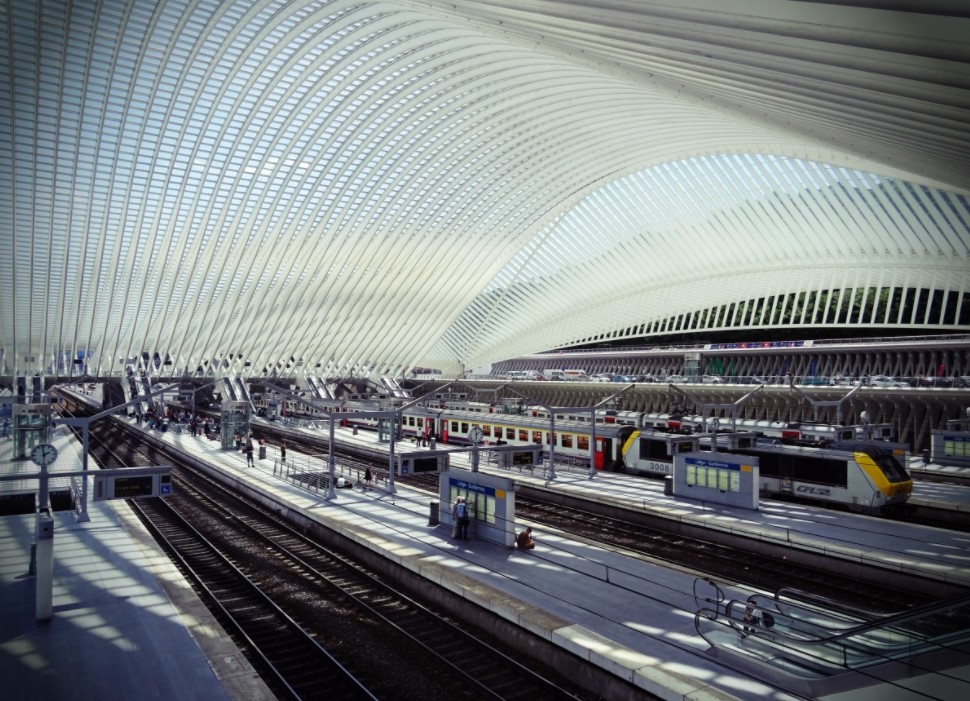Metaverse
Contents |
[edit] Introduction
The metaverse (sometimes referred to as extended reality) is a modern buzzword that has been associated with the Internet of the future. It has been described as a robust, responsive, inclusive, version of virtual experiences, environments and assets.
Nick Kelly, Senior Lecturer in Interaction Design, Queensland University of Technology, calls the metaverse “A high-tech plan to Facebookify the world”. He explains that in a June 2021 announcement, Facebook Chief Executive Mark Zuckerberg said the organisation would move away from its position as a social media company to becoming “a metaverse company”, functioning in an “embodied Internet” that blends real and virtual worlds more than ever before.
[edit] History
The term 'metaverse' was first introduced in 1992 by science fiction writer Neal Stephenson. The author recognised the need to name the existence of a futuristic world that combined physical and fabricated reality.
In justifying the greater adoption of the term metaverse, Kelly says existing terms ‘don’t capture the new social relationships, sensory experiences and economic behaviours that are emerging along with these extensions to the virtual….Neologisms such as “the Cloud” or the “Internet of Things” have stuck with us precisely because they are handy ways to refer to technologies that are becoming increasingly important. The metaverse sits in this same category.’
[edit] The possible impact of the metaverse
Kelly proposes ways in which new concepts such as the metaverse will shape society, politics and culture in a form of ‘“technological determinism”: the sense that advances in technology shape our social relations, power relations and culture in a way that helps to organise our societies more productively. Shared standards and protocols that bring disparate virtual worlds and augmented realities into a single, open metaverse could help people work together and cut down on duplication of effort.’
Kelly presents the example of a metaverse alliance that is being explored between private companies and the South Korean government. This alliance is attempting to work together to develop an open, national VR platform. Kelly writes, ‘A big part of this is finding ways to blend smartphones, 5G networks, augmented reality, virtual currencies and social networks to solve problems for society (and, more cynically, make profits).’
While arrangements such as the metaverse alliance may result in beneficial collaborations, there are also drawbacks associated with shifting a physical reality to one that is primarily based on virtual interactions. Kelly says that in a metaverse, varied realities are not compatible with ‘a “one-world world” - a reality that does not permit other realities.’
He suggests this may be limiting in terms of connections to people and the development of communities, despite the fact ‘it offers us limitless possibilities to overcome the constraints of the physical world; yet in doing so, only replaces them with constraints imposed by what the metaverse will allow.’
The article 'What is the metaverse? A high-tech plan to Facebookify the world' was written by Nick Kelly, Senior Lecturer in Interaction Design, Queensland University of Technology. It was published on 6 August 2021 on The Conversation website under a Creative Commons license.
[edit] Related articles on Designing Buildings Wiki
Featured articles and news
The need for a National construction careers campaign
Highlighted by CIOB to cut unemployment, reduce skills gap and deliver on housing and infrastructure ambitions.
AI-Driven automation; reducing time, enhancing compliance
Sustainability; not just compliance but rethinking design, material selection, and the supply chains to support them.
Climate Resilience and Adaptation In the Built Environment
New CIOB Technical Information Sheet by Colin Booth, Professor of Smart and Sustainable Infrastructure.
Turning Enquiries into Profitable Construction Projects
Founder of Develop Coaching and author of Building Your Future; Greg Wilkes shares his insights.
IHBC Signpost: Poetry from concrete
Scotland’s fascinating historic concrete and brutalist architecture with the Engine Shed.
Demonstrating that apprenticeships work for business, people and Scotland’s economy.
Scottish parents prioritise construction and apprenticeships
CIOB data released for Scottish Apprenticeship Week shows construction as top potential career path.
From a Green to a White Paper and the proposal of a General Safety Requirement for construction products.
Creativity, conservation and craft at Barley Studio. Book review.
The challenge as PFI agreements come to an end
How construction deals with inherited assets built under long-term contracts.
Skills plan for engineering and building services
Comprehensive industry report highlights persistent skills challenges across the sector.
Choosing the right design team for a D&B Contract
An architect explains the nature and needs of working within this common procurement route.
Statement from the Interim Chief Construction Advisor
Thouria Istephan; Architect and inquiry panel member outlines ongoing work, priorities and next steps.
The 2025 draft NPPF in brief with indicative responses
Local verses National and suitable verses sustainable: Consultation open for just over one week.
Increased vigilance on VAT Domestic Reverse Charge
HMRC bearing down with increasing force on construction consultant says.
Call for greater recognition of professional standards
Chartered bodies representing more than 1.5 million individuals have written to the UK Government.






















